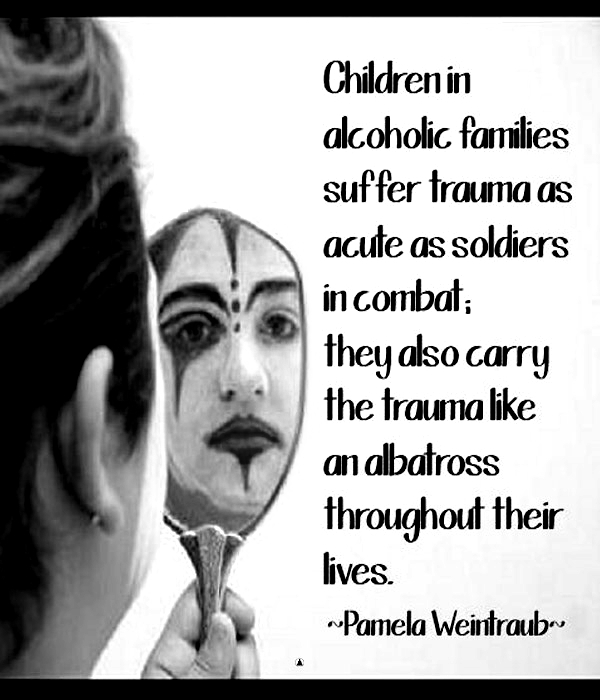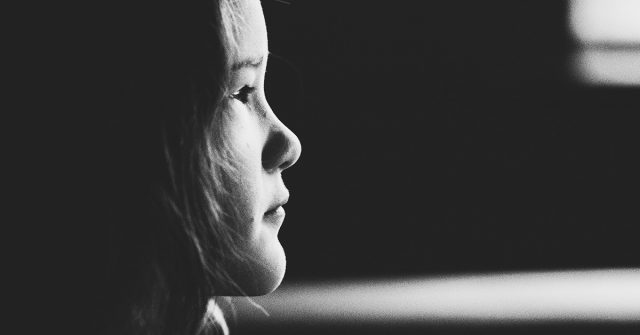Denial is one of the biggest parts of alcoholism. The people suffering from it deny that they have a problem and deny all their negative behaviors. They even go as far as to deny that their drinking is affecting anyone else besides them. Sadly, although they may not wish to believe it, they really are hurting the people around them.
For an alcoholic parent, it’s their kids who will be the most affected by their drinking problem. Sadly, it can cause them many different problems in childhood and in later life too. Here’s what happens to the children of alcoholics.
In Early Childhood
Kids at a very young age are extremely susceptible to their surroundings. Their minds are developing and they’re quickly learning from everything that they see around them. That’s why it’s so important for them to learn positive behaviors at this age. Likewise, some kind of structure is one of the most crucial things that they need in the home.
Unfortunately, alcoholics can’t always give the structure that children need. As a result, their kids can start to form problems such as bed wetting, nightmares, becoming upset too easily, and separation anxiety.
As children get a bit older, they can start to experience depression or obsessiveness as a way to find some control over their lives. Along with that, they can also start to experience a tremendous amount of guilt. This is due to their belief that they are responsible for their alcoholic parent and that they may even be the cause.
One study has also shown that growing up in a home with alcoholics causes children intense stress and tension. This can then cause them a wealth of physical problems, as well as mental ones.

As Adults
The problems associated with growing up in a dysfunctional home don’t just stop when children reach adulthood. They can still be affected in many different ways and can have arguably more issues than they did as kids. The most common of these are a need for control, lack of self-esteem, problems forming intimate relationships, and a constant need for approval.
In addition to those, many of them become extremely impulsive, feel like an outcast, don’t understand what normal behavior really is, have difficulty finishing things, and judge themselves harshly. All of these can be put down to the lack of good role models and structure they had as children.
There are also some ways in which certain adult children of alcoholics can differ from one another. For example, one such person may become extremely responsible as a way to have control and cope. On the other hand, another person may become irresponsible and take part in reckless behavior.
One thing they all have in common, however, is that they’re all at a higher risk of mental illness. They can develop things such as depression, OCD, borderline personality disorder, anxiety, or an eating disorder.
Sometimes, It Comes Back to Haunt Them
One of the most intriguing things about adult children of alcoholics is that many of them become para-alcoholics. This means that they take on all the symptoms of the disorder without actually forming a drinking problem. Experts believe that this is because they were taught that disordered behavior was normal in early life.
Sadly, there’s a much worse fate that many of them can face. Alcoholism can run in families, as well as being taught as normal in childhood. Because of that, many of these people end up becoming alcoholics themselves. Similarly, some may not, but will end up marrying an alcoholic instead.
Growing up in an alcoholic household is traumatic. It causes stress like no other and creates so many problems for children, even in later life. Thankfully, there is help out there for people who have been affected by alcoholic parents. With therapy and support, they can find a way to manage their disordered behaviors and thoughts.
If you grew up with an alcoholic parent, share your experiences of it with us.





